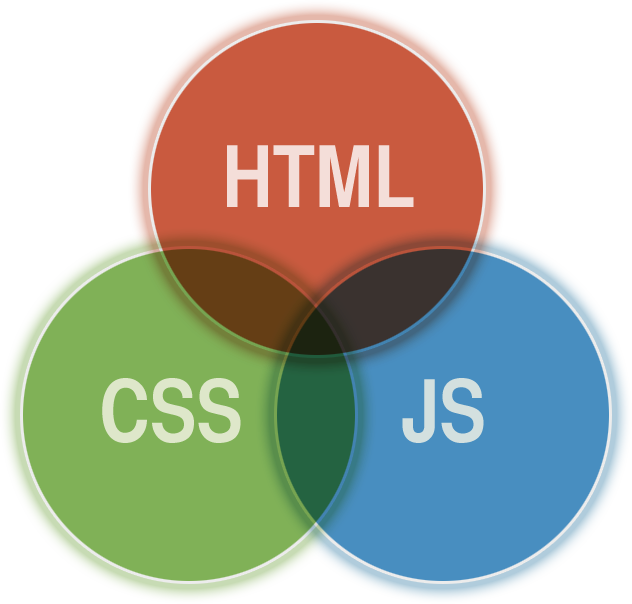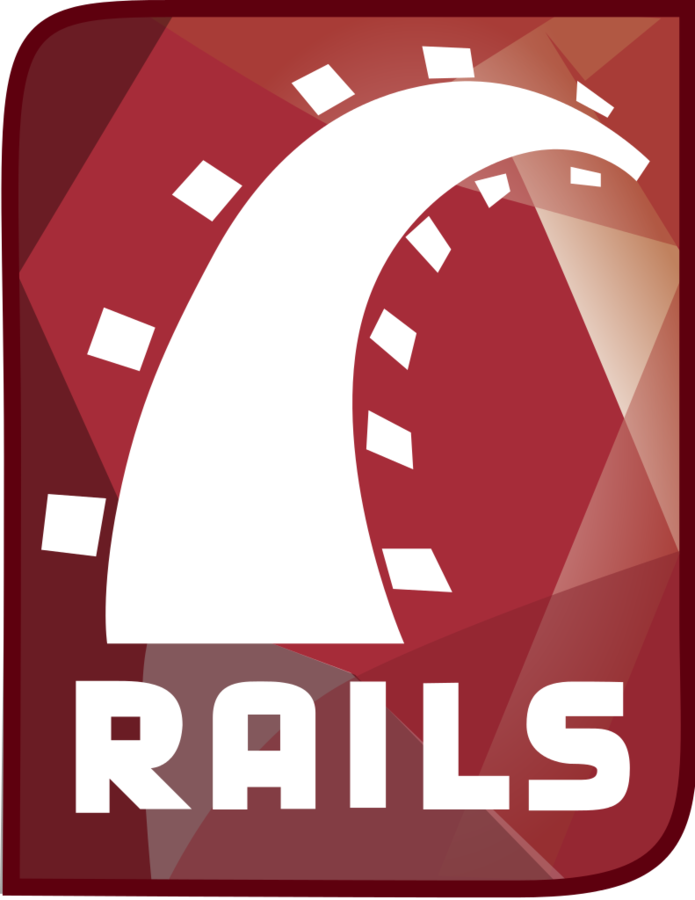Web Development and Our Syllabus
A Visualization of What We’re Learning

Full Stack Engineering
Components of The “Stack”


THE CLIENT SIDE

Consuming APIs,
Client Routing

THE INTERNET
HTTP protocol
IP protocol
DNS
CDNs
Networking
THE SERVER SIDE
We mostly rely on existing infrastructure here. Our programs leverage this section, but we have little control over how it behaves.


Request Routing,
Asset Delivery,
Creating APIs,
Databases,
Data Processing
Data Flow One
Simple Old School Web Page
CLIENT
SERVER

1. Browser requests your website.
2. Server responds with HTML.
3. Browser renders HTML. Boom, you’re done.
Browsing the internet used to be very simple.


Data Flow Two
Add CSS & JS to the HTML
CLIENT
SERVER

1. Browser requests your website.
2. Server responds with HTML.
3. Browser renders HTML, <script> and <link> tags trigger an extra asynchronous requests to the server for each tag.


4. Server responds with the requested “assets”


5. Browser finishes rendering with the new CSS and JS assets. JavaScript files begin running.

Data Flow Three
Add a Database
CLIENT
SERVER

1. Browser requests your website.
2. Server responds with HTML.
4. <script> and <link requests>


5. Server responds with the requested “assets”


6. Browser finishes rendering.

3. Web server makes database request.

Data Flow Four
Add "AJAX"
CLIENT
SERVER

1. Browser requests your website.
2. Server responds with HTML.
4. <script> and <link requests>


5. Server responds with the requested “assets”


6. Browser renders. Javascript begins running, and triggers “AJAX” requests.

3 & 7. Web server makes database request.

8. Web server responds with data for the AJAX request.
Modern "Full Stack"
CLIENT



CONTENT
DELIVERY
NETWORK







BD "Master Instance"
BD
"Slave Instance"
BD
"Slave Instance"
BD
"Slave Instance"
Server Instance
Server Instance
Server Instance
Load Balancer
Universal Skills
Programming Fundamentals

The Command Line
Gain greater control over your computer, interact with it on a deeper level.
Understand more accurately what a computer is doing.
Programming Languages: Variables, functions, and control flow.
All of programs share these fundamental concepts, from systems to web.
Algorithms, Data Structures, and Computer Science
We're standing on the shoulders of giants.
"Pre-baked" solutions and what's happening "under the hood"
Industrial Programming Best Practices
Testing, Workflows, Git, and working with large codebases.
Copy of roadmap
By LizTheDeveloper
Copy of roadmap
- 1,541



